CESCOLHA FANGKUAI?
Zhengzhou Fangkuai Boiler Sales Co., Ltda. é uma subsidiária da Fangkuai Boiler Company, mainly
responsible for the domestic and foreign trade of Fangkuai Boiler.Fangkuai Headquarters Base
has a single-building R&D center, um laboratório em pleno funcionamento e duas fábricas
plantas, com uma área de produção de 120.000 metros quadrados. É a empresa líder em
China com recursos de processamento de automação de caldeiras, e seus produtos são exportados para muitos
países e regiões.





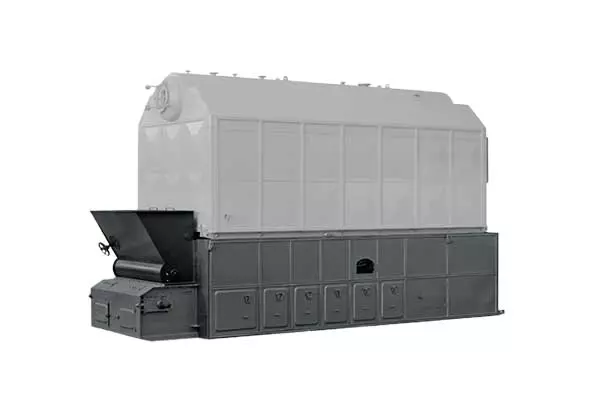
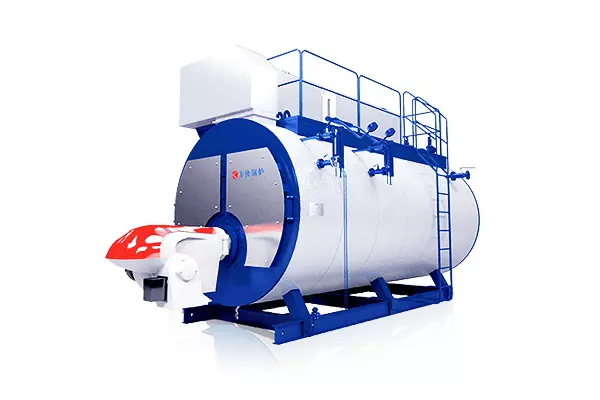
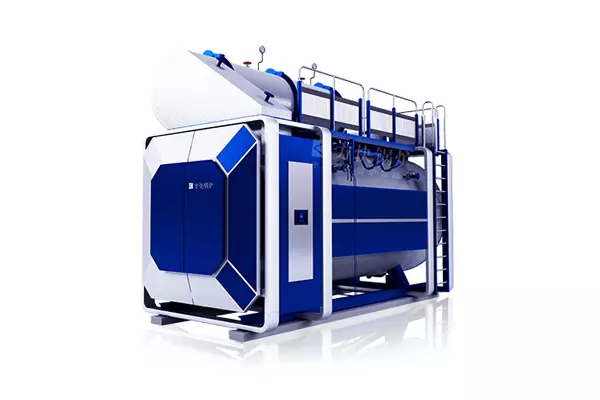
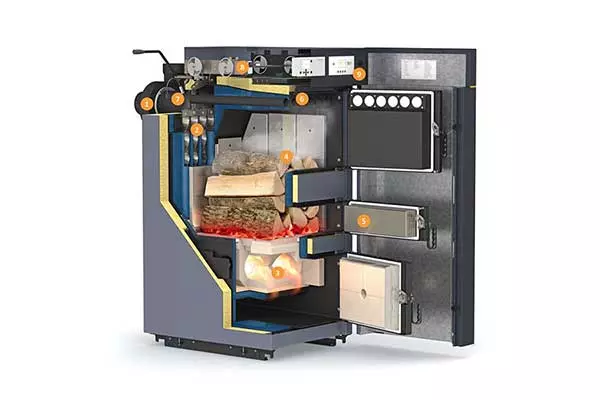
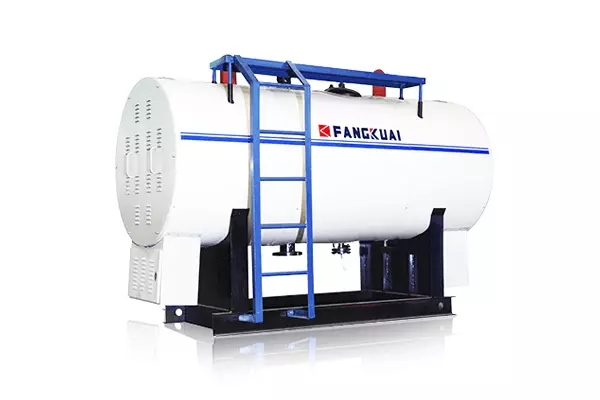
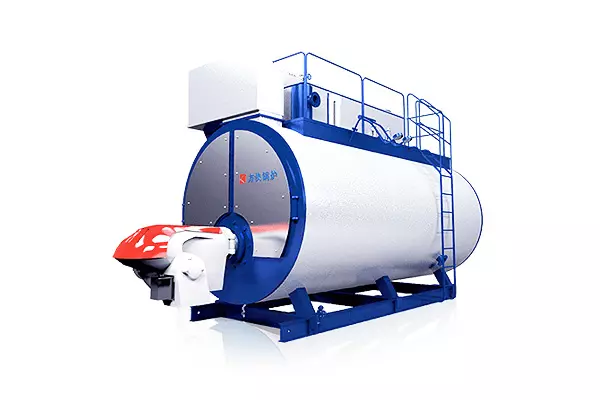
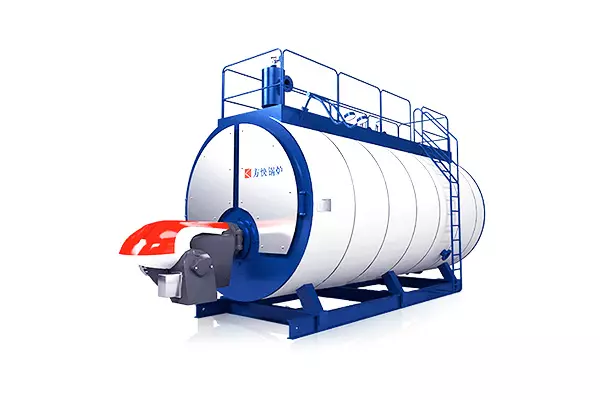
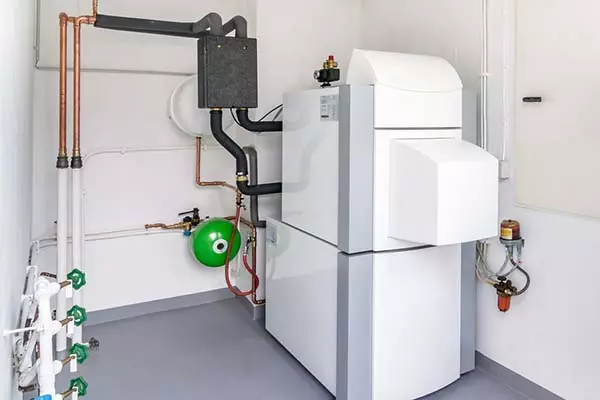
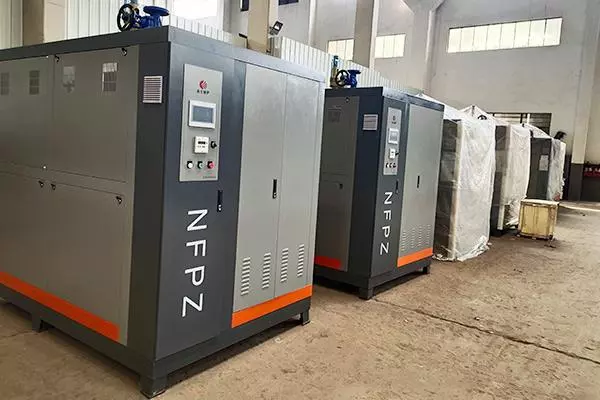
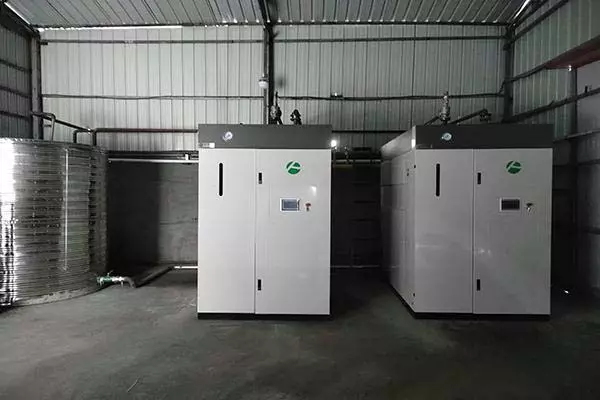
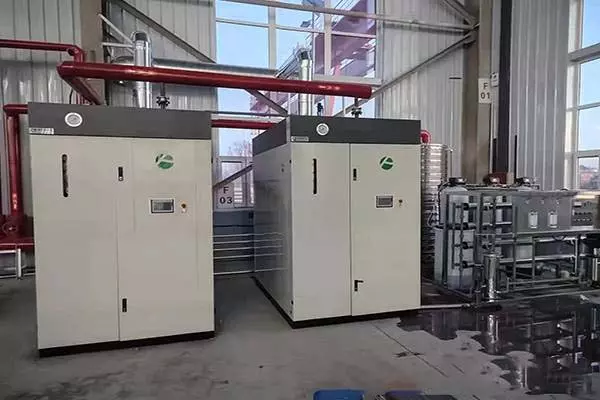
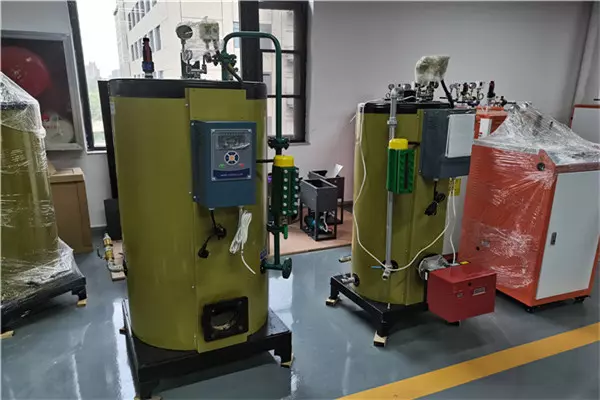
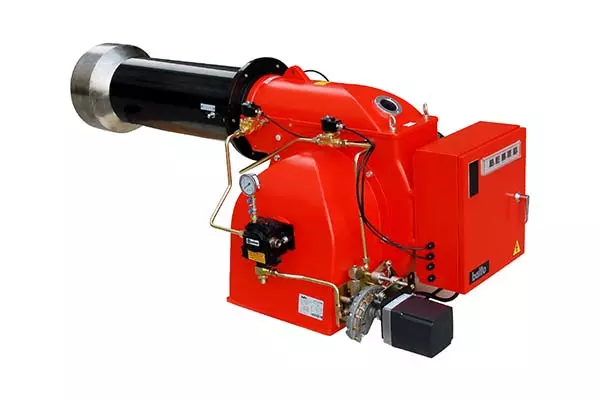
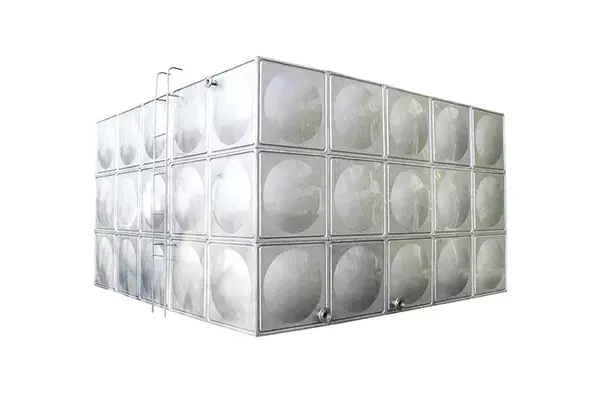
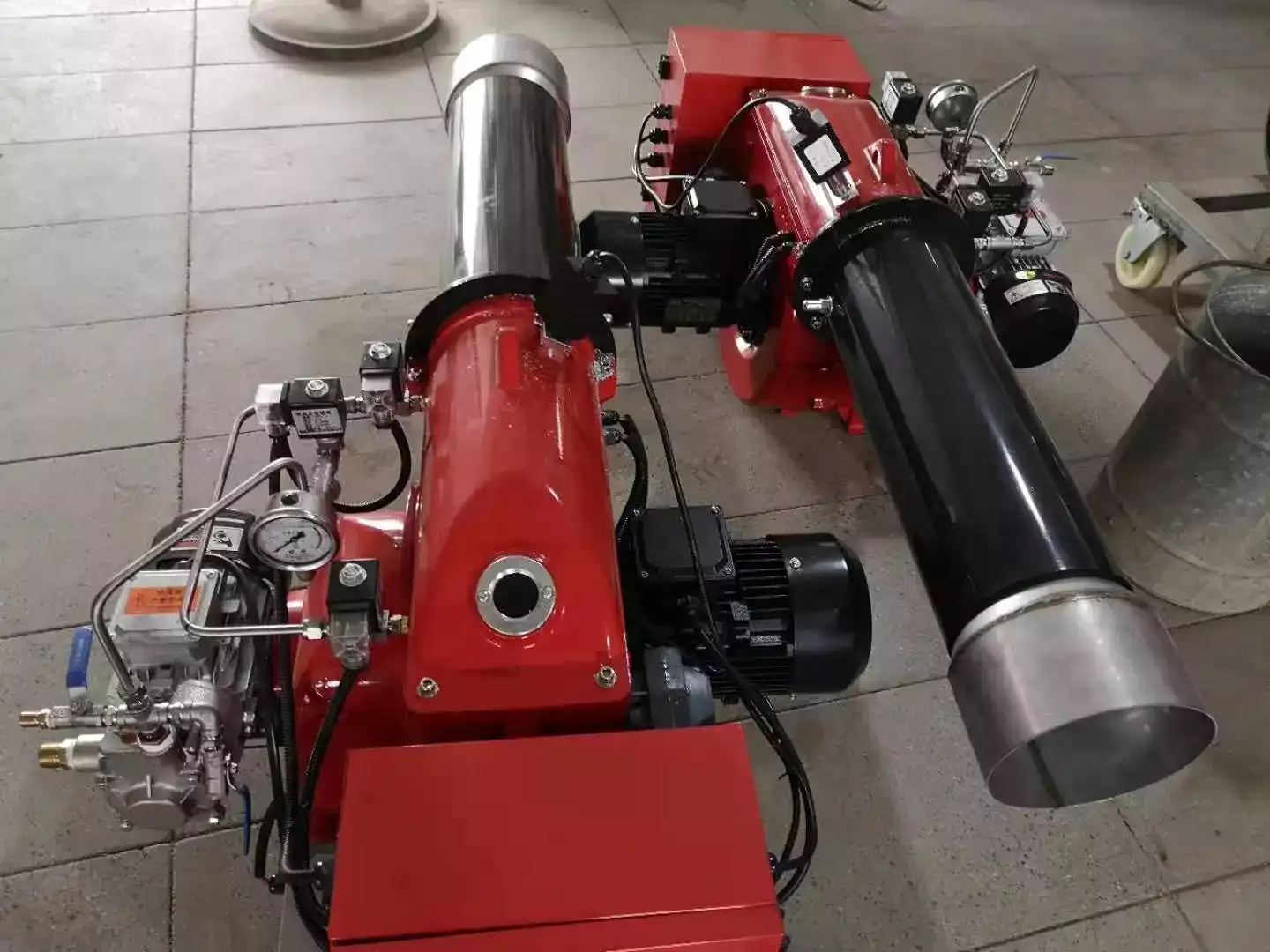
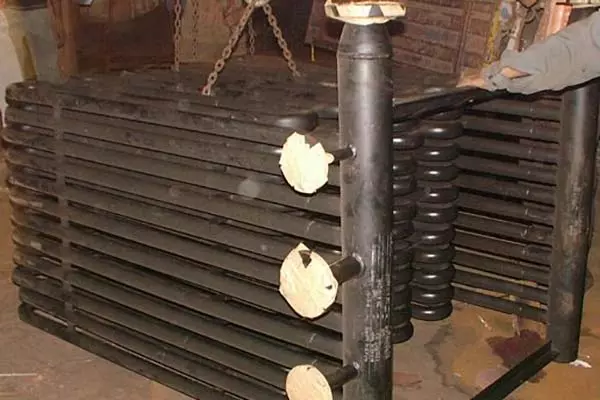
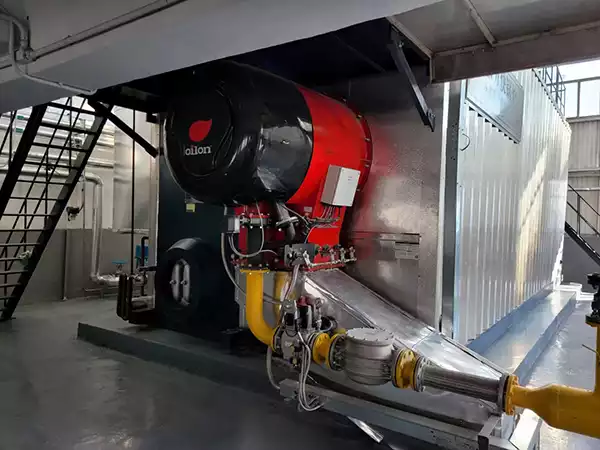
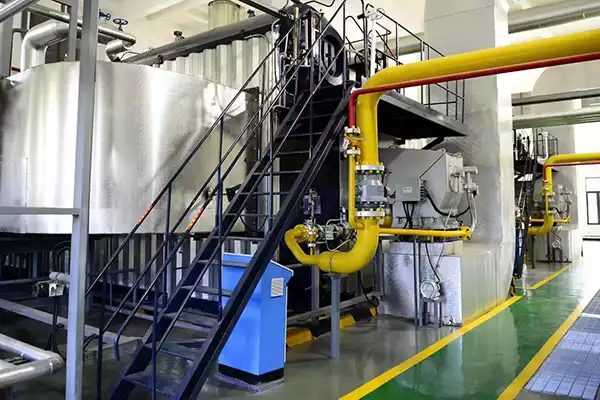
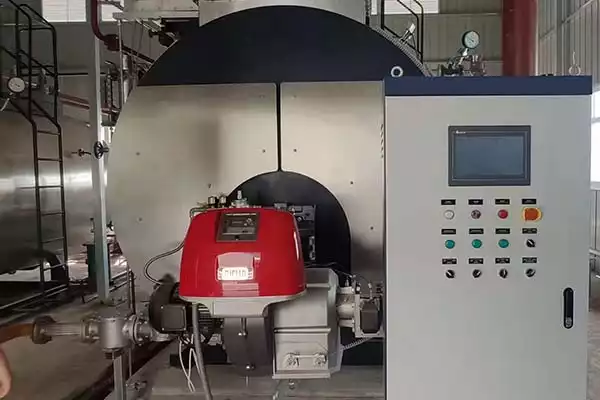
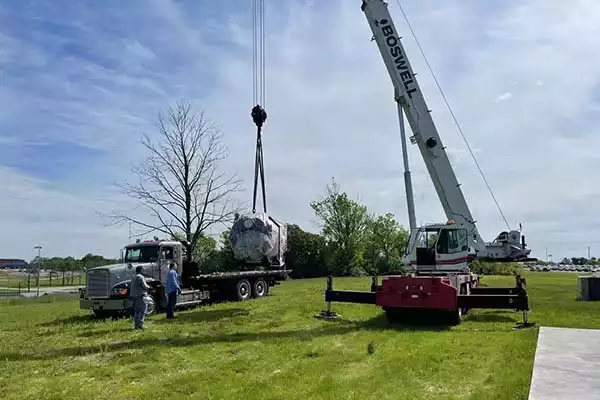
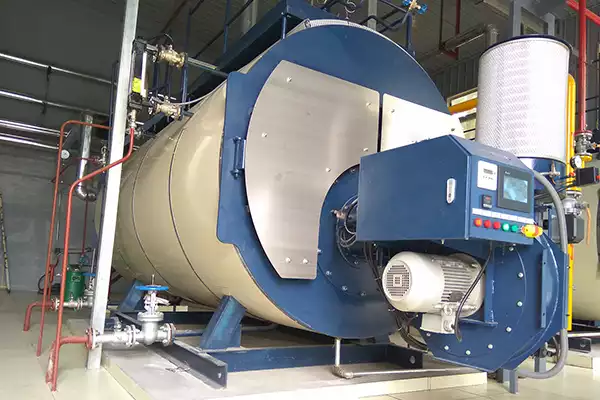
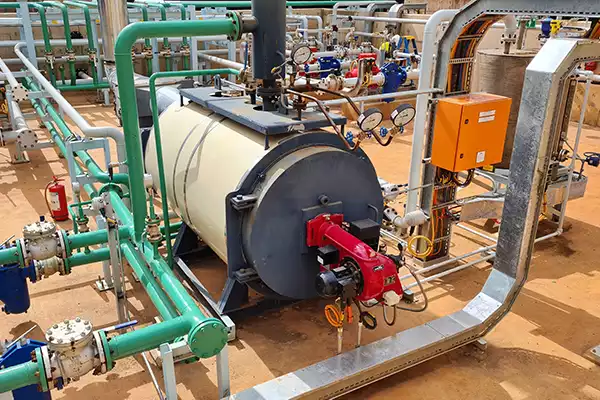
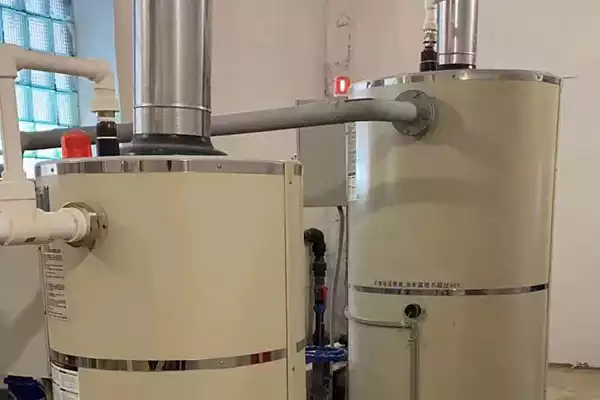
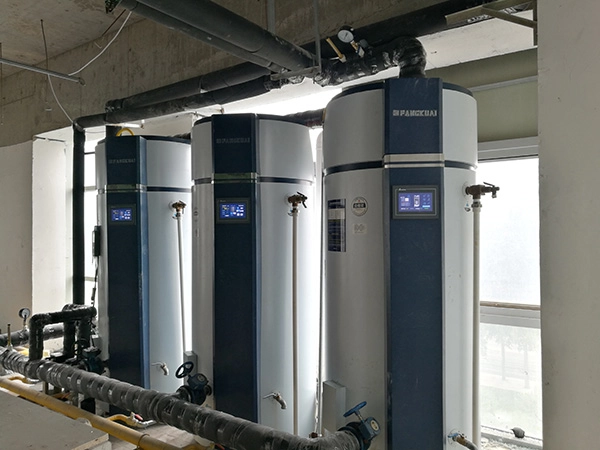





Vveja as avaliações do nosso cliente
"O gerador de vapor da Fangkuai é perfeito para minha pequena empresa. É muito fácil de usar e requer manutenção mínima. Também é muito eficiente energeticamente, que me ajudou a economizar dinheiro em minhas contas de energia. O atendimento ao cliente da Fangkuai também é excelente. Eles são muito receptivos e sempre dispostos a ajudar. Eu recomendo os geradores de vapor da Fangkuai."
Ahmed
Egito"Os geradores de vapor de Fangkuai são excelentes. Eles são muito fáceis de usar e requerem manutenção mínima. O atendimento ao cliente da Fangkuai também é excepcional. Eles são muito receptivos e sempre dispostos a ajudar. A eficiência energética dos geradores de vapor também é notável, que me ajudou a economizar dinheiro em minhas contas de energia. Eu recomendo os geradores de vapor da Fangkuai."
maria
Espanha"A caldeira a vapor da Fangkuai é perfeita para o meu negócio de processamento de alimentos. Atende a todos os nossos requisitos e é muito confiável. A qualidade dos materiais e a construção da caldeira são excepcionais. Também é muito fácil de operar e manter, o que nos ajudou a economizar tempo e dinheiro em manutenção. Eu recomendo as caldeiras a vapor da Fangkuai para qualquer pessoa que precise de soluções de aquecimento confiáveis."
json
Brasil"O atendimento ao cliente da Fangkuai é excelente. Eles me ajudaram a escolher a caldeira perfeita para minhas necessidades e forneceram um ótimo suporte durante todo o processo. O processo de instalação também foi muito tranquilo e a caldeira superou minhas expectativas. É muito fácil de usar e manter, e a eficiência energética é notável. Eu recomendo os produtos da Fangkuai para qualquer pessoa que precise de soluções de aquecimento confiáveis e eficientes."
Juan
México"Há anos que usamos a caldeira de óleo térmico Fangkuai para nossa fábrica de produtos químicos e ela nunca nos decepcionou. A caldeira é muito durável e pode suportar condições adversas. Também é muito fácil de operar e manter, o que nos ajudou a economizar tempo e dinheiro em manutenção. As caldeiras de óleo térmico da Fangkuai são excelentes e eu as recomendo para qualquer pessoa que precise de soluções de aquecimento confiáveis."
Chang
China"A caldeira a vapor da Fangkuai é perfeita para o meu negócio de processamento de alimentos. Atende a todos os nossos requisitos e é muito confiável. A qualidade dos materiais e a construção da caldeira são excepcionais. Também é muito fácil de operar e manter, o que nos ajudou a economizar tempo e dinheiro em manutenção. Eu recomendo as caldeiras a vapor da Fangkuai para qualquer pessoa que precise de soluções de aquecimento confiáveis."
json
Brasil"O equipamento auxiliar de Fangkuai tornou meu sistema de caldeira ainda melhor. A qualidade do equipamento é excepcional e os preços são muito razoáveis. O equipamento ajudou a melhorar a eficiência e o desempenho do meu sistema de caldeira, o que levou a uma economia significativa de custos. Eu recomendo o equipamento auxiliar da Fangkuai para qualquer pessoa que precise de acessórios de caldeira de alta qualidade."
Maryk
Reino Unido"Comprei uma caldeira a vapor Fangkuai para minha fábrica e ela está funcionando perfeitamente há meses. A qualidade dos materiais e a construção da caldeira são impressionantes. Também é muito eficiente energeticamente, que nos ajudou a economizar dinheiro em nossas contas de energia. Eu recomendo os produtos da Fangkuai para qualquer pessoa que precise de soluções de aquecimento confiáveis e eficientes."
John
EUA"A caldeira de óleo térmico da Fangkuai é muito fácil de operar e manter. Isso nos ajudou a economizar tempo e dinheiro em manutenção, o que levou a uma economia significativa de custos. A qualidade dos materiais e a construção da caldeira são excepcionais. Também é muito eficiente energeticamente, que nos ajudou a economizar dinheiro em nossas contas de energia. Eu recomendo a caldeira de óleo térmico da Fangkuai ."
Allen
Brasil